Combined shifted-excitation Raman difference spectroscopy and support vector regression for monitoring the algal production of complex polysaccharides
Literature Information
Björn Eskofier, Christina Dilk, Georg Bilow, Matthias Schirmer
The applicability of shifted-excitation Raman difference spectroscopy (SERDS) in combination with signal regression analysis as an alternative and non-invasive approach for monitoring the cultivation of phototrophic microorganisms producing complex molecules of pharmaceutical relevance in a bioreactor is demonstrated. As a model system, the cultivation of the red unicellular algae Porphyridium purpureum is used for focusing on the segregation of sulfated exopolysaccharides (EPS) which exhibit antiviral activity. The spectroscopic results obtained by partial linear least squares regression (PLSR) and by nonlinear support vector regression (SVR) are discussed against the corresponding results from the reference analytics based on the phenol–sulfuric acid assay. The SERDS-approach turns out to have strong potential as a non-invasive tool for online-monitoring of biotechnological processes.
Related Literature
IF 4.616
Profiling of diferulates (plant cell wall cross-linkers) using ultrahigh-performance liquid chromatography-tandem mass spectrometryIF 4.616
pH-independent optical sensing of heparin based on ionic liquid-capped gold nanoparticlesIF 4.616
A GFP-tagged nucleoprotein-based aggregation assay for anti-influenza drug discovery and antibody developmentIF 4.616
A compact high resolution ion mobility spectrometer for fast trace gas analysisIF 4.616
Revisit of a dipropargyl rhodamine probe reveals its alternative ion sensitivity in both a solution and live cellsIF 4.616
Liquid chromatography-matrix-assisted laser desorption/ionization mass spectrometric imaging with sprayed matrix for improved sensitivity, reproducibility and quantitationIF 4.616
The global identification of tRNA isoacceptors by targeted tandem mass spectrometryIF 4.616
Phosphorescent sensing of Cr3+ with protein-functionalized Mn-doped ZnS quantum dotsIF 4.616
Generation of a chemical gradient across an array of 256 cell cultures in a single chipIF 4.616
Source Journal
Analyst

Analyst publishes analytical and bioanalytical research that reports premier fundamental discoveries and inventions, and the applications of those discoveries, unconfined by traditional discipline barriers.
Recommended Compounds
Recommended Suppliers
 Nanyang Tianyu Biochemistry Co., Ltd.
Nanyang Tianyu Biochemistry Co., Ltd. Gansu Screw Compressor Parts Co., Ltd
Gansu Screw Compressor Parts Co., Ltd SOL S.p.A.
SOL S.p.A. Hebei Ausun Zinc Industry Co., Ltd.
Hebei Ausun Zinc Industry Co., Ltd. Dolder AG
Dolder AG Beijing Xindachen Cheng Commercial Center
Beijing Xindachen Cheng Commercial Center Yangzhou Thousand Row Chemical Technology Co., Ltd.
Yangzhou Thousand Row Chemical Technology Co., Ltd. AVT LTD.
AVT LTD. Shandong Xinmeikang Biological Pharmaceutical Co., Ltd.
Shandong Xinmeikang Biological Pharmaceutical Co., Ltd. Stepan Company
Stepan Company
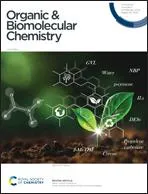

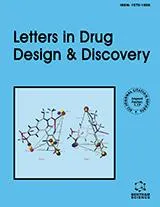
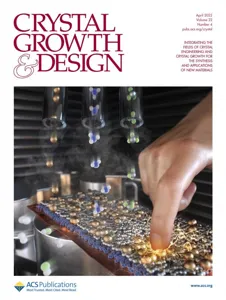

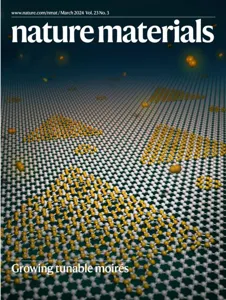

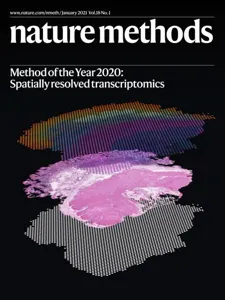
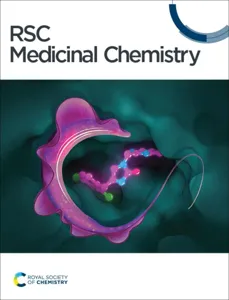

![690632-12-3 - 1-[2-(3-Chlorophenyl)-1,3-thiazol-4-yl]methanamine hydrochloride hydrate 690632-12-3 - 1-[2-(3-Chlorophenyl)-1,3-thiazol-4-yl]methanamine hydrochloride hydrate](/structs/690/690632-12-3-17fd.webp)
![28862-80-8 - N-[(Benzyloxy)carbonyl]-D-methionine 28862-80-8 - N-[(Benzyloxy)carbonyl]-D-methionine](/structs/288/28862-80-8-d9e8.webp)


![89483-07-8 - 3-Cyclopropyl-N-{[(2-methyl-2-propanyl)oxy]carbonyl}-L-alanine - N-cyclohexylcyclohexanamine (1:1) 89483-07-8 - 3-Cyclopropyl-N-{[(2-methyl-2-propanyl)oxy]carbonyl}-L-alanine - N-cyclohexylcyclohexanamine (1:1)](/structs/894/89483-07-8-8d6f.webp)